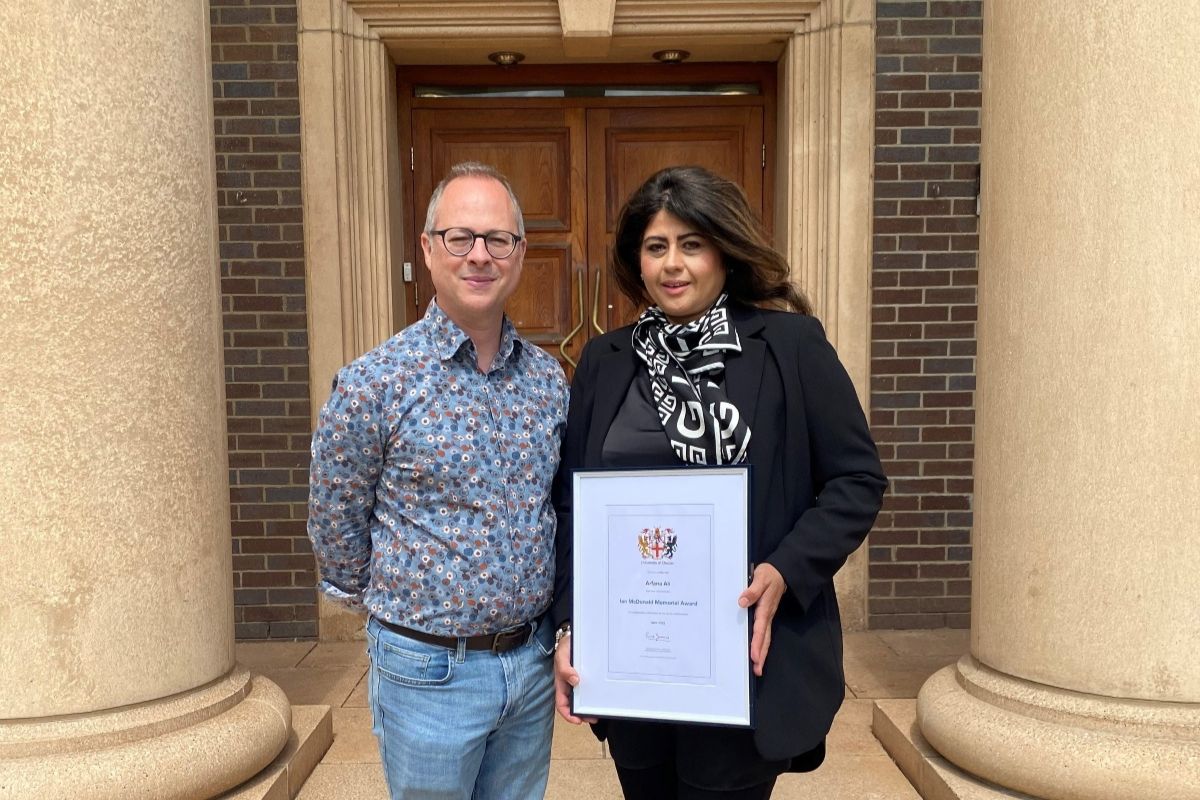Consultation on guidance on malpractice and maladministration
We are committed to putting students and apprentices first, making sure they are treated fairly in their exams and assessments and their qualifications are valued. For qualifications to be valued, those who use qualifications, such as HE institutions and employers, must be confident that they are an accurate reflection of what a student knows, understands and can do.
When we consider the number of qualifications that are awarded each year, incidents of malpractice and maladministration are rare. However, to be fair to students and apprentices, and to maintain confidence in their qualifications, any incident or suspicion of malpractice and maladministration must be identified and investigated and appropriate action taken against those who are responsible.
Ofqual already has strong rules in place for awarding organisations on preventing malpractice and maladministration, investigating suspicions of malpractice and maladministration and taking action against those responsible when it happens. However, we keep these requirements under review, making sure we learn from what we see in practice.
Ofqual is, accordingly, strengthening the regulatory framework by introducing updated and expanded guidance for awarding organisations on preventing and dealing with malpractice and maladministration. We have consulted on a draft of the guidance and are now publishing the final version, which reflects the feedback we received. The guidance will become part of Ofqual’s Handbook for awarding organisations.
The guidance is statutory guidance, to which all awarding organisations must have regard. An awarding organisation may choose to take a different approach to complying with our rules, but it would have to be able to explain why it had done so.
The guidance we have published is largely as consulted on. We have changed some of the drafting to improve clarity, and made some changes to improve readability in the published document.
Following feedback, we have added examples to the Guidance to further support the understanding of awarding organisations. Awarding organisations should note that the examples are intended to be illustrative but not exhaustive. In every case awarding organisations must consider the specific context of any incident.
The guidance will take effect on publication, and awarding organisations will need to ensure any student and centre facing documents are updated, as necessary, by 1 September 2022.












Responses